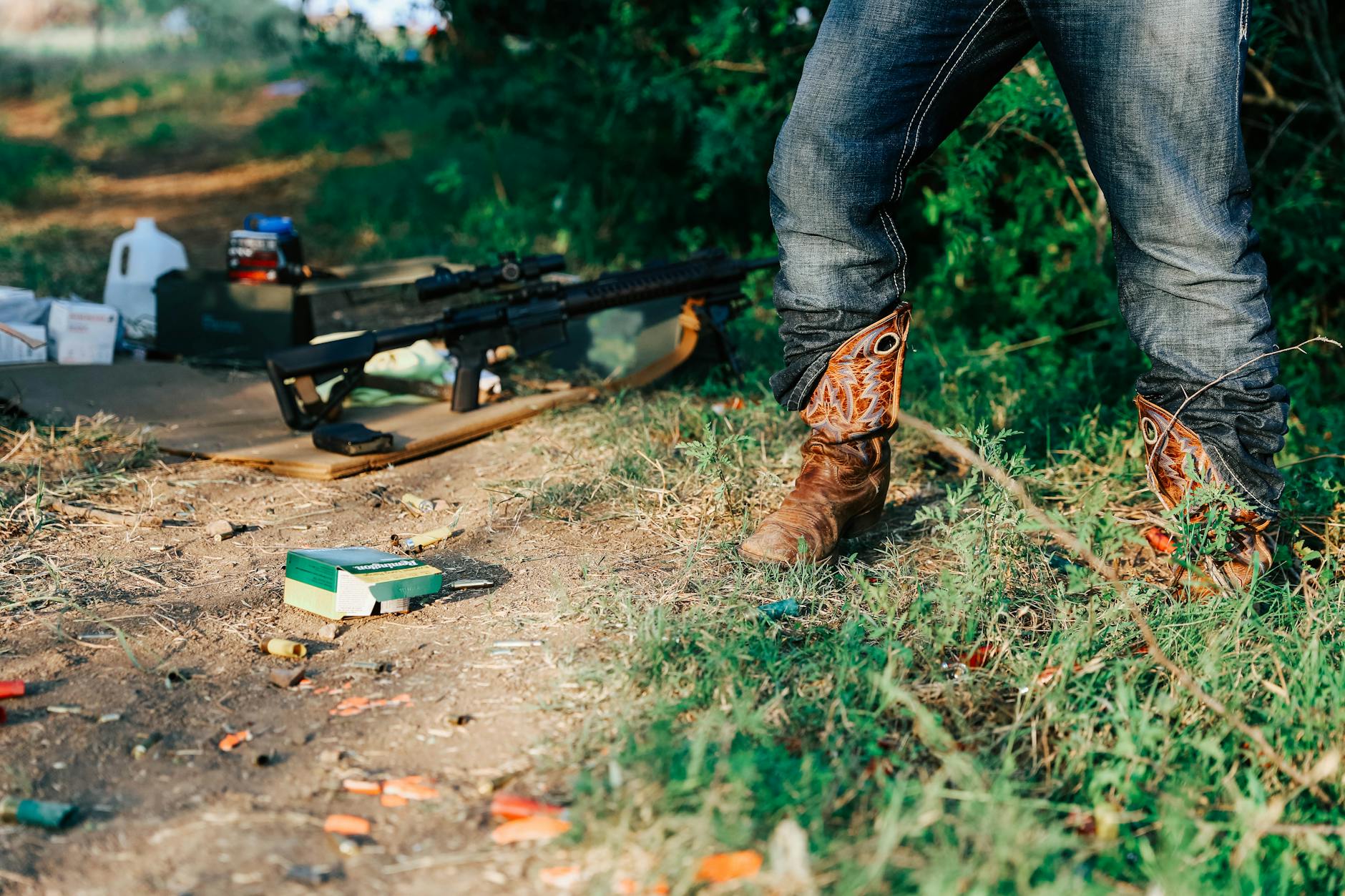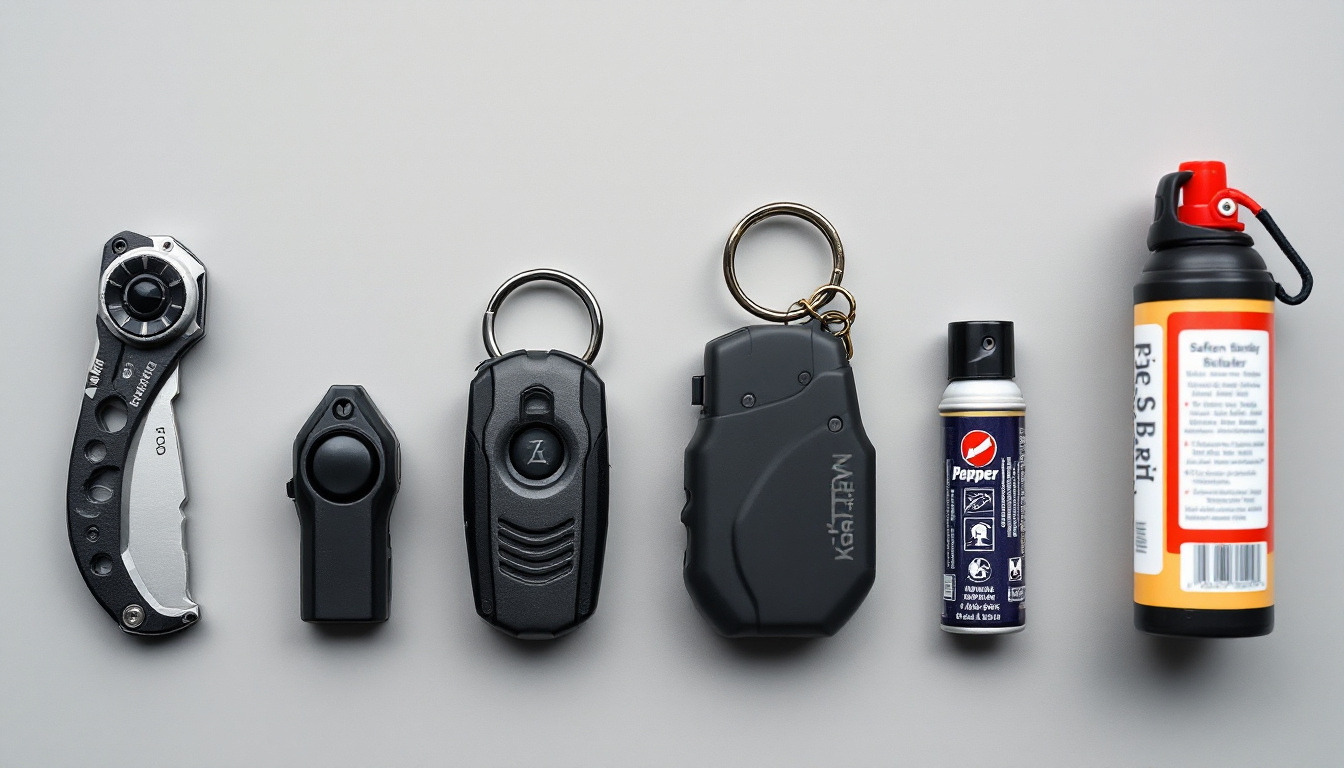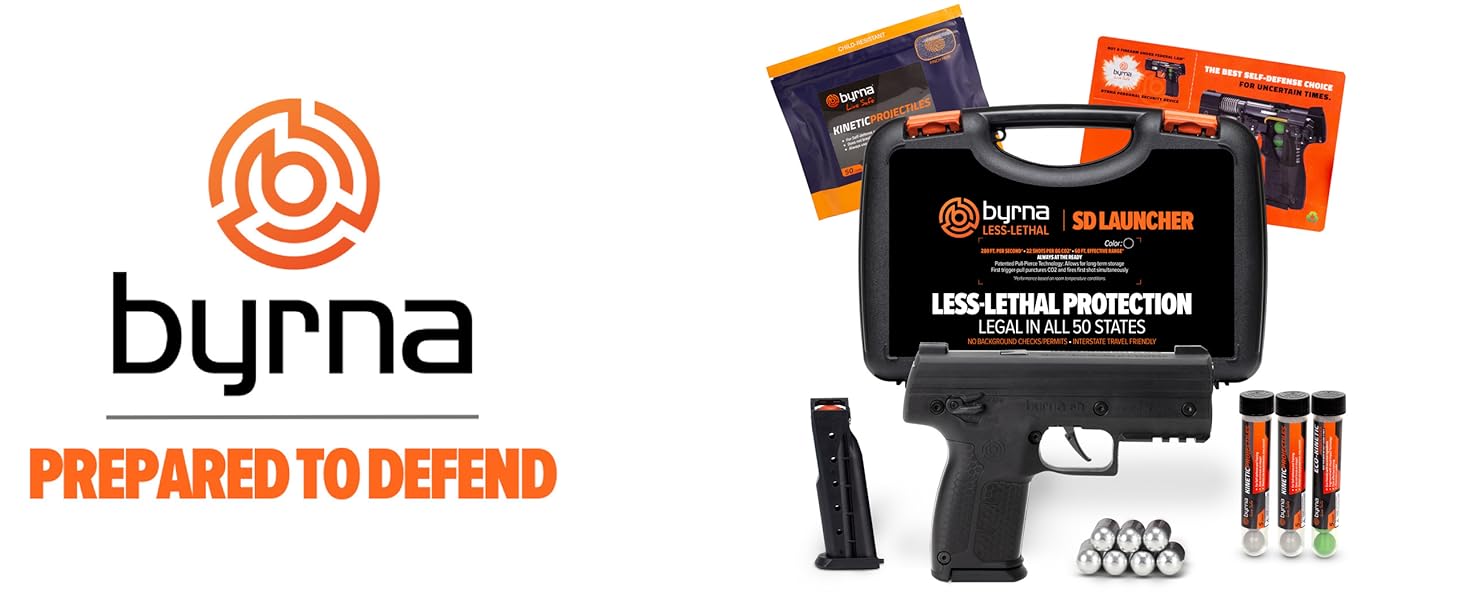Understanding Firearm Offenses and Laws in Texas: A Comprehensive Guide
Firearm-related offenses remain a pressing issue in Texas, with laws designed to balance individual rights with public safety. Texas takes a firm stance on illegal possession, misuse, and transfer of firearms, imposing serious consequences for violations. Understanding these laws is crucial, not only to ensure compliance but also to appreciate the broader implications for community safety. From restrictions on specific weapons to guidelines for carrying handguns, the state’s legal framework reflects its commitment to maintaining order while respecting constitutional freedoms.
- Understanding Firearm Offenses and Laws in Texas: A Comprehensive Guide
- Texas Firearm Laws: Foundational Overview
- Firearm-Related Criminal Offenses in Texas
- Penalties for Firearm Offenses in Texas
- Understanding Legal Defenses for Firearm-Related Charges
- Tips for Responsible Firearm Ownership in Texas
- Frequently Asked Questions (FAQ) About Firearm Offenses and Laws in Texas
- Wrapping Up

Texas Firearm Laws: Foundational Overview
Texas firearm laws are shaped by the state’s history and commitment to individual freedoms. These laws aim to ensure responsible ownership while maintaining public safety. Knowing the rules around firearm ownership, carrying, and restrictions is essential, whether you’re a resident or just visiting Texas.
General Regulations on Firearm Ownership in Texas
In Texas, most residents aged 18 or older can purchase and own firearms. However, there are specific guidelines to ensure ownership is limited to lawful individuals.
- Minimum Age Requirements: Federal laws, which apply to Texas, mandate that individuals must be at least 18 years old to purchase shotguns or rifles. For handguns, the minimum age is 21.
- Background Checks: Federal background checks are required for firearm purchases made through licensed dealers. This process helps identify individuals with disqualifying criminal records or a history of mental health issues.
- Prohibited Persons: Convicted felons, individuals under restraining orders for domestic violence, or those convicted of certain misdemeanors may face restrictions on firearm ownership in Texas.
While private firearm sales between individuals do not require background checks, the seller is still prohibited from knowingly selling firearms to individuals who are barred from owning them under state or federal law.
Carrying Firearms: Open and Concealed Carry Laws
Carrying firearms in Texas has undergone major changes in recent years. The introduction of “constitutional carry” in 2021 made it easier for eligible adults to carry firearms without requiring a permit.
- Open Carry: Texans aged 21 and older can openly carry handguns in public without a license, as long as the firearm is holstered. This freedom aligns with Texas’s support for personal liberties.
- Concealed Carry: Similar to open carry, eligible individuals can carry concealed handguns without a permit. However, obtaining a License to Carry (LTC) still provides advantages, such as reciprocity with other states and quicker firearm purchases.
- Licensing: While not mandatory for carrying, a License to Carry (LTC) is still available for those who prefer additional validation. It requires training and a background check, enhancing responsible ownership.
For further insights into Texans’ rights and responsibilities when carrying firearms, see Texas Gun Laws – All You Need To Know.
Federally Restricted Areas and State-Specific Limitations
While Texas has broad laws regarding carrying firearms, some places remain strictly off-limits under state and federal guidelines.
- Federally Restricted Areas: Firearms cannot be carried in federal buildings, courthouses, post offices, or on aircraft. Violating these restrictions can result in severe penalties.
- State-Specific Prohibitions: Texas law designates certain areas as gun-free zones, including:
- Schools and educational institutions
- Polling locations on election days
- Airports beyond security checkpoints
- Bars where alcohol sales are the primary business
- Hospitals and nursing homes (unless explicitly authorized)
The penalties for carrying firearms in prohibited areas vary but can include fines, license revocation, and imprisonment. For a more comprehensive guide to Texas gun laws, visit the Texas State Gun Laws and Regulations Explained.
Texas also allows property owners to restrict firearms by displaying proper signage. It’s essential to adhere to these posted signs to avoid legal trouble.
 Photo by Oliver Schlotfeldt
Photo by Oliver Schlotfeldt
By understanding these foundational laws, firearm owners in Texas can enjoy their rights responsibly while remaining aware of the limitations and obligations.
Firearm-Related Criminal Offenses in Texas
Texas has a robust legal framework concerning firearm-related offenses. These laws are designed to protect public safety while respecting individual gun ownership rights. Violating these laws can lead to serious consequences, ranging from fines to imprisonment.
Unlawful Carrying of Weapons
Unlawful carrying of weapons in Texas typically involves situations where firearms are carried in prohibited areas or by individuals restricted from possessing them. While Texas allows open carry and constitutional carry, there are clear boundaries to maintain public safety.
For example, carrying a firearm into establishments where alcohol sales constitute more than 51% of their revenue is illegal unless expressly permitted. In addition, carrying any weapon on school grounds, polling places during elections, or certain government facilities is prohibited. Violating these regulations can result in misdemeanor or felony charges, depending on the circumstances. For more specifics, see Texas Penal Code Chapter 46, which details weapons-related offenses.
Disorderly Conduct and Reckless Discharge of Firearms
Disorderly conduct involving firearms typically occurs when someone brandishes or fires a weapon in a manner that causes fear or alarm. Texas law also prohibits discharging a firearm recklessly, particularly in public places or near residences.
Scenarios like firing celebratory gunshots into the air or waving a gun to intimidate others in a public setting can lead to criminal charges. These actions are dangerous and disrupt public peace, often resulting in a Class B misdemeanor or higher, depending on the severity. To learn more about these offenses, visit the Texas State Law Library’s Gun Laws Guide.
Deadly Conduct and Aggravated Assault with a Firearm
Deadly conduct focuses on using a firearm in a way that puts others in imminent danger of serious injury. This includes firing at or near individuals, vehicles, or buildings when it’s apparent people might be inside. Even without physical harm, the act itself can lead to severe penalties.
Aggravated assault with a firearm takes things a step further. Using a gun to harm or threaten someone intentionally can elevate charges to a felony. This includes instances of domestic violence, road rage incidents, or altercations that escalate with a firearm involved. Penalties for these crimes are severe, often involving prison time and the permanent loss of gun ownership rights. For additional context, visit Firearms Offenses.
Understanding these offenses is essential for anyone who owns or carries firearms in Texas. Responsible behavior and law knowledge can help prevent these situations and foster safer communities.
Penalties for Firearm Offenses in Texas
Texas enforces some of the most comprehensive laws for firearm-related offenses nationwide. With penalties ranging from fines to life imprisonment or even capital punishment, these laws reflect the state’s commitment to public safety while balancing constitutional rights. Below is an analysis of how Texas penalizes firearm offenses, categorized by misdemeanors, felonies, and capital felonies.
Misdemeanors: Classes A, B, and C
Firearm-related misdemeanors in Texas vary depending on the nature and severity of the offense. These charges often involve unlawful possession or improper use of firearms.
- Class C Misdemeanor: These are the least severe firearm offenses. Violations may include minor infractions such as failure to comply with specific storage requirements. Penalties typically involve fines up to $500.
- Class B Misdemeanor: This includes offenses like carrying a handgun without proper holstering. Penalties may result in fines up to $2,000 or jail time of up to 180 days.
- Class A Misdemeanor: The most serious level of misdemeanor. Violations include unlawful possession of a firearm in certain restricted areas. Penalties include fines up to $4,000 and jail sentences up to one year.
These misdemeanors aim to curb unsafe practices by addressing misconduct at varying levels while discouraging repeat offenses. For further details, visit PENAL CODE CHAPTER 46. WEAPONS.
Felonies: State Jail, Third, Second, and First Degree
Felony firearm offenses are significantly more severe than misdemeanors. These often involve crimes such as illegal sale or use of restricted weapons, or possession by prohibited persons.
- State Jail Felony: Often involving less severe crimes like firearm possession by a convicted felon. Punishments include 180 days to 2 years in state jail and fines up to $10,000.
- Third-Degree Felony: Includes offenses like illegal sale of firearms to minors. Punishment includes 2 to 10 years in prison and fines up to $10,000.
- Second-Degree Felony: Covers aggravated firearm-related crimes such as unlawful discharge in an occupied building. Penalties include 2 to 20 years in prison and fines up to $10,000.
- First-Degree Felony: Involves the most severe non-capital offenses, such as using a firearm in a violent crime. This carries imprisonment ranging from 5 to 99 years or life and fines up to $10,000.
These felony classifications ensure that more dangerous offenses receive appropriately harsher penalties. To understand how Texas categorizes punishments, see PENAL CODE CHAPTER 12. PUNISHMENTS.
Capital Felony: Life Sentence or Death Penalty
Firearms frequently play a pivotal role in capital felonies, which involve heinous crimes like murder during robbery or terrorism. Under Texas law, capital felony cases carry the most severe penalties.
- Life Imprisonment: Reserved for offenders with mitigating circumstances, life sentences without parole ensure public safety without the death penalty.
- Death Penalty: Reserved for the gravest crimes involving firearms, such as mass shootings or assassinations. The death penalty reflects Texas’s stance on deterring the most egregious offenses.
Capital felony cases are rare but serve as an ultimate deterrent against firearm-related crimes of the highest magnitude.

Photo by Elijah O’Donnell
By understanding the penalties associated with firearm offenses at every level, individuals can better appreciate the consequences of violating Texas laws. For more on weapon-related offenses, check out Understanding Weapon Offenses in Texas.
Understanding Legal Defenses for Firearm-Related Charges
Firearm-related charges often come with high stakes, both legally and personally. In Texas, defendants may have avenues to argue their case depending on the circumstances. Understanding the most common legal defenses can empower individuals to navigate their legal rights and protections better.
Self-Defense and Defense of Others
Texas law allows individuals to use firearms in self-defense or defense of others under specific conditions. The state’s “Stand Your Ground” law eliminates the duty to retreat if you’re in a place you have the legal right to be. However, this defense hinges on demonstrating a reasonable belief that deadly force was immediately necessary to prevent harm.
For instance:
- Immediate Threat: The defendant must prove they faced an immediate threat of death or serious bodily injury.
- Proportionality: The force used must align with the perceived threat. Excessive force may weaken a self-defense claim.
- No Provocation: The claimant must show they did not provoke the situation.
Establishing self-defense also requires corroborating evidence, such as eyewitness accounts, video footage, or forensic details. For more about defending yourself legally, check resources such as Legal Rights and Defenses for Accused in High-Stakes Gun Crime Cases.
Accidental Discharge and Lack of Intent
In firearm-related cases, intent plays a critical role. Courts often distinguish between intentional misconduct and accidents, significantly influencing sentencing.
Accidental discharge can occur for various reasons, such as:
- Mechanical Failure: Malfunction of the firearm itself.
- Negligence vs. Accident: Misuse versus genuine mistakes.
- Lack of Knowledge: A person unaware that they were handling a loaded or unsafe weapon.
Defendants may argue that their actions were neither reckless nor deliberate, citing circumstances such as poor firearm maintenance or improper training as factors. For a deeper understanding of how accidental discharge impacts cases, Illegal Discharge of Firearm: Defending Against Charges provides valuable insights.
Improper Arrest or Evidence Collection
When facing firearm charges, the methods used during arrest and evidence gathering might be scrutinized. The Fourth Amendment protects against unlawful searches and seizures, which can sometimes lead to the dismissal of charges if violated.
Key points to consider include:
- Warrantless Searches: Evidence obtained without a proper warrant or probable cause may be inadmissible in court.
- Chain of Custody Violations: Mishandling or tampering with evidence can jeopardize its credibility.
- Officer Misconduct: Overstepping legal procedures during arrests can undermine a prosecution’s case.
Experienced attorneys often challenge the legality of evidence to bolster their defense. For more about how improper handling of evidence may impact firearm-related cases, see What Defenses Are Available for Federal Gun Charges?.
Legal defenses in firearm-related cases vary widely and depend on the facts of each situation. Understanding these defenses is an essential step for anyone looking to protect their rights after facing charges.
Tips for Responsible Firearm Ownership in Texas
Owning a firearm comes with significant responsibilities. Texas, with its proud gun-owning culture, emphasizes the importance of responsible ownership to ensure safety for individuals and the community. Below are essential tips to help firearm owners uphold their responsibilities.
Safe Firearm Storage Practices
Proper firearm storage is one of the most critical aspects of responsible gun ownership. Storing your firearms securely helps prevent accidents, theft, and unauthorized access, particularly in homes with children.
- Use Gun Safes or Lockboxes: Keep your firearms in a locked safe or secure lockbox that only you or authorized individuals can access. This ensures they are not easily accessible to children or intruders.
- Store Ammunition Separately: Always store ammunition in a separate, locked location away from firearms. This reduces the risk of accidental discharge.
- Educate Family Members: Teach your family, especially children, about firearm safety. Emphasize that guns are not toys and must only be handled by trained adults.
According to experts, storing firearms unloaded and locked is one of the most effective ways to reduce gun-related injuries and deaths. For further insights into safe storage methods, consult Responsible Gun Ownership.
Staying Updated on Changes in Firearm Laws
Gun laws in Texas and across the U.S. are subject to change. Staying informed about updated legislation is vital for responsible ownership. These changes can impact where and how you can carry or store firearms, as well as license requirements.
- Follow State and Local Updates: Regularly check official government sources or reliable news outlets for updates on firearm laws.
- Join Gun Owners’ Organizations: Membership in firearm advocacy groups often includes newsletters or alerts about legislative changes.
- Consult Legal Experts: If you’re unsure about new laws, consult an attorney experienced in firearm-related legal matters.
For example, with the introduction of “constitutional carry” laws in Texas, individuals can carry firearms without a permit, but there are still restrictions. Understanding these nuances can prevent legal issues. Access a detailed guide on this topic in A Guide to Responsible Gun Ownership, Safe Practices.
Understanding the Importance of Firearm Education
Firearm education should not end with obtaining a gun. Continuous learning ensures you can safely and effectively handle your weapon, whether for self-defense, hunting, or sport.
- Take Safety Courses: Enroll in certified firearm safety courses to refresh and enhance your knowledge of proper handling, storage, and laws.
- Practice Regularly: Visit shooting ranges to maintain proficiency. This ensures you’re prepared to use your firearm safely under pressure.
- Know Your Weapon: Understand the mechanics of your firearm, including how to load, unload, and clean it safely.
Education is an ongoing responsibility. It builds confidence and reinforces the importance of safety in all aspects of gun ownership. Learn more about firearm safety standards at 5 Firearm Safety Rules for Gun Owners: Minimizing Liability.

Photo by Tima Miroshnichenko
By incorporating these tips into daily practices, Texas firearm owners can contribute to a culture of responsibility and safety.
Frequently Asked Questions (FAQ) About Firearm Offenses and Laws in Texas
Yes. Since the introduction of constitutional carry in 2021, Texans aged 21 and older can carry handguns openly or concealed without a license, provided they meet eligibility requirements. However, obtaining a License to Carry (LTC) still offers benefits such as reciprocity with other states and expedited firearm purchases.
Yes, federal law requires background checks for firearm purchases made through licensed dealers. However, private sales between individuals do not require a background check, although knowingly selling to prohibited individuals is illegal under state and federal laws.
Firearms are prohibited in federally restricted areas such as courthouses, post offices, and secured airport areas. State-specific rules prohibit firearms in locations like schools, polling places during elections, bars, and locations with proper signage from private property owners.
Penalties vary depending on the violation.
For Example:
-Carrying a firearm into a prohibited area could result in misdemeanor or felony charges.
-Class A misdemeanors can lead to fines up to $4,000 and jail time of up to one year.
-Felony offenses carry much harsher penalties, including possible imprisonment.
Yes. Under its “Stand Your Ground” principles, Texas law allows individuals to use firearms in self-defense if they reasonably believe deadly force is necessary to protect themselves or others. The law does not require a duty to retreat if the person is in a legal location.
Although there are no mandatory statewide regulations on firearm storage for most scenarios, responsible ownership includes practices like securing firearms in a locked safe and storing ammunition separately to prevent accidents or theft.
Accidental discharges may still result in legal consequences if they involve criminal negligence or cause harm to others. Demonstrating it was truly an accident with no intent or recklessness is critical to avoiding or reducing charges.
No. Under federal and Texas law, convicted felons are prohibited from firearm ownership. However, exceptions may apply after specific timeframes or under rare circumstances like pardons.
Yes. In Texas, property owners can prohibit firearms on their premises by displaying proper signage, such as the clearly stated “30.06” or “30.07” signs. Violating these restrictions carries legal consequences.
Firearm offenses involving minors are taken seriously. For instance, providing firearms to minors without parental consent is illegal and considered a criminal offense, with penalties depending on the situation’s severity.
By understanding these common questions, Texans and visitors alike can navigate firearm laws more confidently while staying compliant with regulations.
Wrapping Up
Understanding firearm laws and offenses in Texas is vital for responsible gun ownership. These laws aim to balance individual rights with public safety. Grasping the nuances of state regulations can prevent legal trouble and foster safer communities.
Educate yourself on the legal and practical aspects of firearm use. Stay informed and compliant to uphold safety and protect your rights. This knowledge empowers individuals to navigate ownership responsibly while respecting the law.





![What To Say And Not Say To Police After A Self-Defense Incident [2025 Guide] What to Say and Not Say to Police After a Self-Defense Incident](https://selfdefensemastery.com/wp-content/uploads/2025/04/police-scene-dusk-crime-tape-guide.jpg)
